
Oh, OK. Catchy a title as “My 2021 in Music” is, I reported on some of what I was listening to last year at the time, and it’s already mid-February, so technically this post won’t be covering all of last year, will be covering a little bit of this year, and overall won’t be as pure a list as we all might like. Life resists easy classifications and straight lines. If you like, you can pretend I published this on 1 January, but I suspect you’re not that concerned about the exact month I listened to Graduation, are you? I mean, you’re not, are you? Should I be worried?
Ahem. On with the music.
Several of Van Morrison’s 1970s albums
Specifically Tupelo Honey (1971), Saint Dominic’s Preview (1972), Hard Nose the Highway (1973), Veedon Fleece (1974) and Into the Music (1979), all of which were either entirely new to me or not as familiar as my beloved Moondance and His Band and the Street Choir. Favourites of the new bunch: St. Dominic for those upbeat sun-is-out jams, and Veedon for that melancholy evening feeling.
I love 1970s Van Morrison. Love the way his sound isn’t quite folk, soul or rock, but an uncategorisable blend of the three. Love how he proves that largely acoustic songs can drive just as hard as the heavy stuff. Love how his music drips with that rarefied emotion so little white music has possessed since the Beatles parted ways: joy.
Not pure joy, admittedly. You have to look to the 5th Dimension or the Spinners for that. Van’s an angry guy, and the anger’s right there in the voice that abrasively barks ‘Linden Arden STOOOOOLE the HIIIIIIIGH-lights’ over the gentlest of piano and string lines. But he’s also a profoundly passionate and spiritual man, and it’s that juxtaposition of rage, tenderness and longing that makes him such a compelling performer. His voice is simultaneously outraged at the state of the world it finds itself in, intoxicated with the promise of a world beyond and determined to break through to that higher plane by sheer force of will.
And the music! Van’s rivalled only by Bob Dylan in getting the maximum juice out of three chords, and getting the best musicians around to pull as many arrangement ideas out of those three chords as possible. Listen to how the band pushes and pulses on “Bulbs”, ecstatically scrambling from one bar to the next. Or how the instrumentalists constantly play off each other on “Redwood Tree”, never letting the momentum slip for a second. Or how they really sound like they mean it on “Comfort You”, echoing the ebbs and flows of Van’s delivery perfectly. Tough one minute, tender the next.
And that last sentence indicates one of the reasons why, when it comes to male singer-songwriters, I prefer the ’70s crop — Dylan, Lennon, Van, Cohen, Elvis Costello, Nick Drake, Gerry Rafferty, Paul Simon — to their contemporary equivalents. (Another reason would be their vastly superior melodic sense.) The sternness-to-sensitivity ratio varies widely among these artists, but all of them add at least a little bit of grit to the mix, so that their sad songs don’t merely sound self-pitying, their happy songs don’t sound gauche, and much of the material fits somewhere in the complex emotional territory in between.
This music is layered, nuanced, dignified — it always holds something back, even at its most passionate. It doesn’t wallow. And it’s the richer for it.
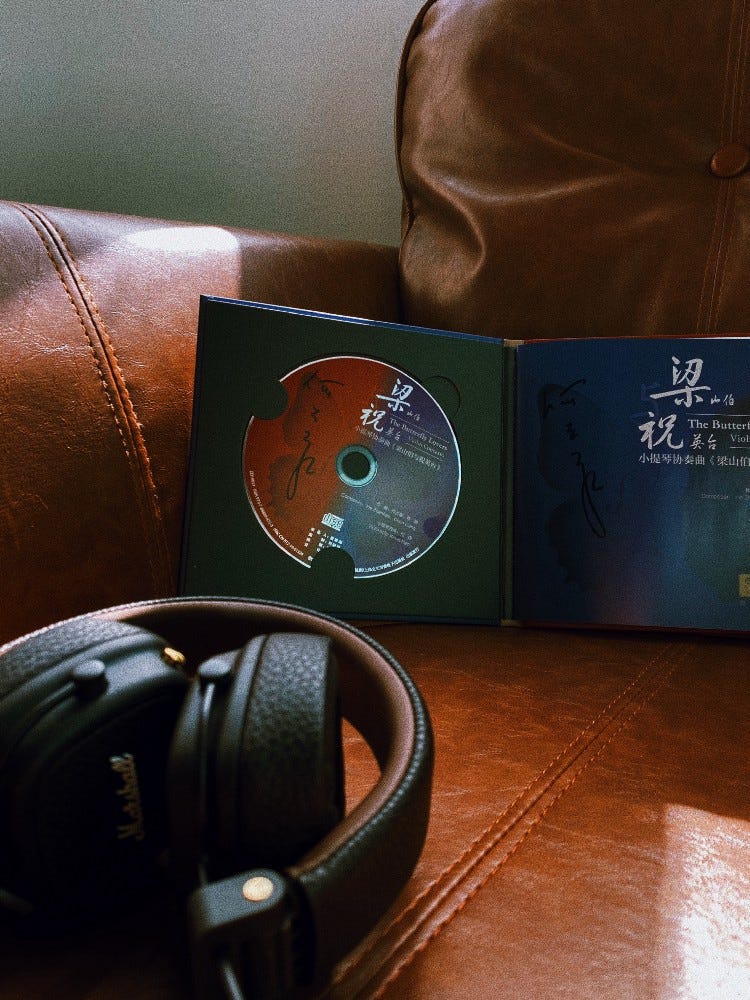
Pete Shelley — Homosapien (1981)
What a fantastic record. It’s the first mainstream album Shelley released after making the controversial decision to quit the Buzzcocks, and my heretical take is that I actually prefer this stuff to the band’s work. You have punk’s aggression, pop’s catchiness and early Bowie’s bratty irony — Homosapien sounds to me like what the Dame would have sounded like in the early ’80s if he’d continued to milk his Ziggy persona rather than completely switching up his sound every other year.
The title track’s every bit as good as “Ever Fallen In Love”, as punchy, hooky and fun as pop ever gets. Shelley sounds like Julian Casablancas before Julian Casablancas (another punk artist whose solo pop material gets slept on) on “Yesterday’s Not Here”. “I Generate a Feeling” sounds poppy, proggy and raga-ish all at once. “It’s Hard Enough Knowing” is vaguely proggy too; its epic sound and slow-to-fast structure might as well have been the inspiration for this song by alternative dance band Justice.
And the wonderful “Qu’est-Ce Que C’est Que Ca” sounds like a brighter, synthier take on Talking Heads’ early sound, with lyrics that someone with a blog like mine can’t help appreciate: ‘Will I ever find the answer to the questions that I ask myself sometimes / Is there a reason or is that just in my mind?…Do we really have a soul? Is there a heaven?…Is this all that there is or are there things that we can’t see?’
Vampire Weekend — Father of the Bride (2019)
I played this hard last summer. While I was at it I checked out the rest of the band’s discography, but nothing else got to me like this one did. I can see where people who loved Vampire Weekend’s early work might be annoyed at the album’s embrace of a more mainstream sound that evokes Travis, Coldplay and even pop country. But what can I say, I loved The Invisible Band and X & Y, and now I love Father of the Bride.
The album’s also much more diverse than VW’s previous stuff, smashing genres up against each other with abandon. The opener, “Hold You Now”, samples the gorgeous tones of the Melanesian Choir of All Saints, as made famous on Hans Zimmer’s Thin Red Line soundtrack — but it’s also a country song. “Rich Man”, which hearkens back to the band’s early African influences, reminds me of something latter-day Paul Simon might do — but it also has a hoedown fiddle on it. “Married in a Gold Rush” is unabashed country music — but its rhythm is based on a synth arpeggiator. And “Sympathy” is based on about five genres, none of which belong together, but somehow it works anyway.
Still, what keeps me coming back to Father of the Bride is the poppiness, nicely augmented by creative arrangements, bouncy beats and quirky percussion touches. Track after track brims over with old-fashioned melody, the kind with a beginning, middle and end that makes you want to sing along. Many of the songs combine the sunniest tunefulness and the smoothest vocals with the most depressive lyrics (reminded of Paul Simon again), most successfully on the shimmering singles “This Life” and “Harmony Hall”.
The latter has become one of my favourite songs of the 2010s. The cascading acoustic guitars, ‘90s-rave piano, gospel harmonies and soaring chorus are just an irresistible blend, and the juxtaposition of the angsty words (‘I thought that I was free / From all that questioning / But every time a problem ends / Another one begins!’) and the we-shall-overcome optimism of the music appeals to me on the deepest level. Check it out.
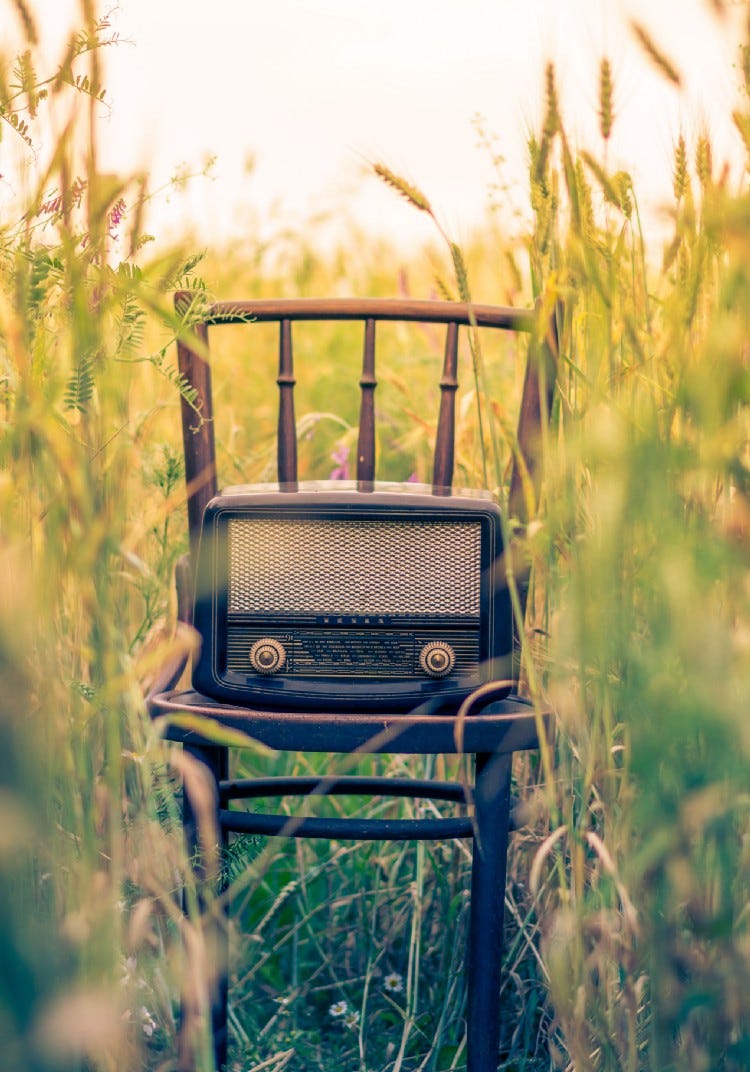
Bo Burnham — Inside (2021)
Lots to say about the masterful Netflix special this collection is drawn from, but I’ll stick to discussing the songs here.
When it comes to comedy albums people tend to focus on the words — honestly, I think reviewers talk too much about lyrics in general — but Bo clearly put a lot of effort into the album’s music as well, and was rewarded with his punchiest work yet. Inside touches on a lot of genres — funk, Broadway, folk —with the dominant one being “‘80s-tinged pop anthem with lots of shiny synth and reverby drums”. No complaints here. “Problematic”, “Content” (anyone else reminded of Ye’s “Paranoid”?), “Bezos I” and “Bezos II” are jams. (Some enterprising fan has stuck the latter two together, for which they have my profoundest gratitude.)
OK, I’ll say one thing about the words: the way I read “Problematic”, Bo’s pulling off the impossible by sincerely apologising for past insensitivities, mocking the self-serving way people apologise for past insensitivities, and skewering an overzealous apology culture in which no-one’s sure of the rules, all at the same time. Put all that to an LCD Soundsystem-style backing and you’ve won my undying loyalty.
At the time, “Welcome to the Internet” got a lot of deserved attention for its ambitious structure, clever tempo changes and bravura performance. But if anything I’m even more impressed by “Comedy”, which starts off as a reflective piano ballad, slowly builds up to an uptempo pop track with a new melody, eventually shifts to an even catchier melody (‘If you wake up in a house that’s full of smoke’), segues into an a cappella breakdown, reprises the bridge from the piano ballad, then hits the final chorus via a key change before abruptly ending.
Musician-comedians are often accused of not being funny enough to do without the songs or talented enough to ditch the jokes. If the non-music bits of what. were Burnham’s retort to the first criticism, Inside 100% dispenses with the second. Not least on the songs that aren’t funny.
Kanye West’s early albums
…i.e. the first five. I’ve been listening in order, skipping Late Orchestration and Watch the Throne for now; currently digesting, or struggling to digest, Yeezus. (Don’t have much on that one yet beyond the obvious ‘Well that was a left turn wasn’t it??’ It makes more sense to me with each listen, and I love a couple of the tracks, but still have no idea which way my feeling on it will ultimately go.)
It took me until my mid-twenties to like any hip-hop at all, and honestly, I still feel out of my depth when I talk about it. Every once in a long while I’ll go through a phase of listening to rap and almost nothing but, and each time I expand my horizons and understand the genre a little better than before. Over the years my favourite artists have been A Tribe Called Quest, the Roots, OutKast, Lauryn Hill and Eminem. But it just took one listen through The College Dropout (2004) for Kanye to overtake them all.
It’s still my favourite Ye record, and therefore my favourite hip-hop album. West would get bigger, brasher and more experimental than this, but nothing else I’ve heard is as sweet, ebullient or life-affirming. Put it down to the strong soul, funk and gospel influences, plus the fact that fame hadn’t got its hooks into the man yet. There’s an innocence to Dropout.
Of course “Jesus Walks” is a masterpiece, from the astonishing use of samples to that vaguely sinister martial mood to the vocal hook to the catchy-as-hell chorus to the transcendent bridge (shades of Stevie Wonder’s “Pastime Paradise”) to the sheer attitude of the thing. Aggressive yet utterly sophisticated. Check out this live version of the song if you haven’t already — watching this is what convinced me to finally get around to investigating West properly. Just amazing.
But there are plenty of other highlights; in fact, I like everything bar that self-indulgent final track (George Starostin once complained that albums’ worst songs are often their longest, and I think he’s onto something). “We Don’t Care” is an exhilarating opener; “All Falls Down” has that old-school funky bounce that I’ll take over trap any day of the week; “Spaceship” makes great use of its aggressive 6/8 beat (6/8 is really unusual for hip-hop right? Or have I just not heard enough yet?); “Never Let You Down” carries you along on an ecstatic wave of harmony; “Get Em High” drills a hole in my brain in the best possible way; “The New Workout Plan” puts a huge smile on my face with its silly lyrics, way-over-the-top Autotune and that transition to fat rock guitar in the middle; “School Spirit” reminds me of something Moby would do; “Two Words” foreshadows the grandiosity to come; “Family Business” is sweet; and the Chaka-Khan-as-chipmunk vocals of “Through the Wire” have no right to stir the emotion in me that they do. They sort of convey a delight in life and a bittersweet longing for something they can’t have at the same time. I can’t explain it.
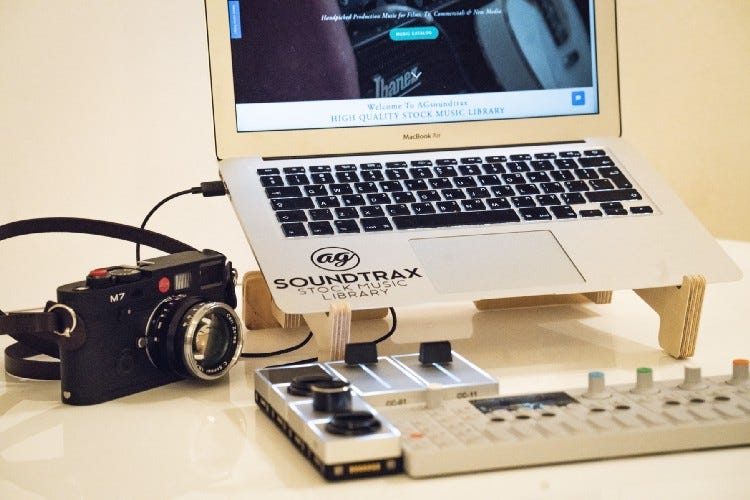
Late Registration (2005) is a step down to me despite all the Big Singles, which doesn’t mean it’s not great. Kanye clearly had no intention of making The College Dropout 2, and I love the way he stretches and plays with song structures and instrumentation here. Favourite tracks: “Gold Digger” is undeniable; I can’t get enough of “Hey Mama”’s unabashed affection and vulnerability; “Roses” is similarly touching; “Addiction” might as well be describing its own groove; “Diamonds from Sierra Leone” and “We Major” are big and beautiful; I love the way “Gone” seamlessly transitions from Otis Redding through a lovely string breakdown to a menacing finale; and of course my retro ass can’t help wishing “My Way Home” was twice as long.
At the time a lot of people went crazy for Graduation (2007) and found 808s & Heartbreak (2008) underwhelming, but my reaction was and remains the other way round. “Stronger” and “Homecoming” are great, no denying it, but to me 808s is the far more consistent album. So much so that I’d find it hard to discuss its songs individually; most of them are variations on the same Autotune-and-angst vibe. But what a vibe. I just love that melancholic wintry atmosphere, the simple but always catchy melodies, and the creative beat patterns. Like Van’s, Kanye’s sadness has a grit to it — as he pointed out himself at the time, expressing heartbreak isn’t the same as prostrating yourself. Highlights for me are “Amazing”, “Love Lockdown” and “Paranoid”, but as with Dropout I enjoy everything bar the tedious last track (stop that Kanye!).
Right then: My Beautiful Dark Twisted Fantasy (2010). Like Graduation, highly celebrated for its innovation, dense production values and creative blendings of rap and pop. But as with Graduation, I find myself less convinced. For me MBDTF is an album of two halves: for every song that explodes with musical ideas and structural experiments, there’s another that takes a not-hugely-interesting melodic phrase and runs it into the ground. “Gorgeous”, “So Appalled”, “Devil in a New Dress” and “Runaway” aren’t bad, but they’re all too long. (I used to put “Blame Game” in the same category, but the hook’s affecting and the Chris Rock skit makes me laugh out loud, even if I’m still not sure both belong in the same song.)
Fortunately we also have “POWER” (resisted it at first, but what can I do, it’s bigger than all of us), “All of the Lights” (that rhythm arrangement! The way it transitions through all those different sections!), “Hell of a Life” (that fat synth tone!), “Monster” (that Nicki Minaj verse!!!), and the “Lost in the World” / “Who Will Survive in America” one-two, the perfect way to end the album (at last!). The elated-poignant-and-mean-all-at-once melody, massive harmonies and overall bombast just come together perfectly on “World”. That a cappella breakdown with the bass singers keeping the beat is everything I look for in music.
You may have noticed I just reviewed five rap albums in a row without mentioning a single lyric. Pretty revealing about the idiosyncratic way I listen to music, and there’s probably a clue there about why it’s taken me so long to get into this particular genre, and why Kanye’s become my favourite example of it…
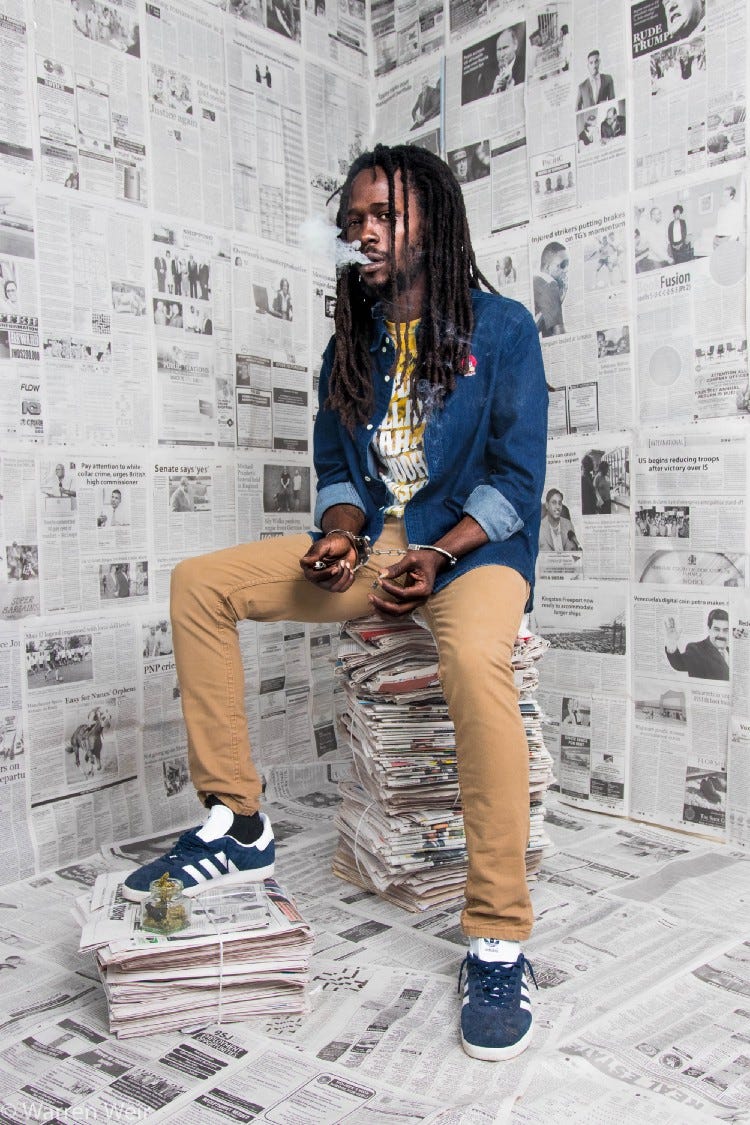
Reggae classics
I’ve been in a hip-hop phase for the last few months (see above), but before that I spent a few months soaking up classic reggae, ska and dub. This mostly involved exploring stuff on Spotify and constructing a mammoth playlist, but I threw in a few movies for good measure: The Upsetter, a documentary about legendary producer Lee “Scratch” Perry; The Harder They Come, a 1972 Jamaican thriller that showcases the brilliant title track; and Babylon, a wonderful 1980 drama about the south London reggae scene of the time.
Favourite albums in the genre so far are Toots & the Maytals’ Funky Kingston (1973/1975) and the Congos’ Heart of the Congos (1977).
The Maytals are so effervescent they make Stevie Wonder sound like Lou Reed. I defy anyone to sit perfectly still through Funky Kingston’s title track, or inject “Pomps & Pride” and stay exactly as worried about that upcoming meeting as they were before. Careful, though, there are two versions of the album. If you only hear the first you’ll miss out on the glory that is “Pressure Drop”, and if you only hear the second you’ll miss out on the wonder that is “Redemption Song” (not to be confused with the Bob Marley track of the same name). Thankfully both versions are on Spotify, so it’s easy enough to make a playlist that includes all the songs and eliminates any repetition.
The Congos record is one of a kind, and I don’t say that lightly. When people call Perry a production genius, this is what they’re talking about: the echo-drenched vocal harmonies, phased guitar, skittering percussion and off-kilter sound effects combine to create just about the trippiest music I’ve ever heard, putting most so-called psychedelia in the shade. Not that the word “trippy” does things justice either — what with the heavy religious concerns of the lyrics and the sheer beauty of the music, I honestly can’t think of a better word than, well, “mystical”. Don’t believe me? Don some headphones and listen to this.
Other
So what else did I listen to in 2021?
Lots of funk and high-energy soul — my R&B playlist has ballooned to 19 hours, with no realistic end in sight. (Some would say I should break the playlist into smaller playlists based on more specific genre subdivisions, but I say that would be a sign of weakness.) I was fortunate enough to catch the electrifying Summer of Soul in the cinema, marking the first time I’d been out to a film for over a year. I couldn’t have asked for a better welcome back. Genuinely brought tears to my eyes.
As ever, plenty of punk, New Wave & grunge: Minor Threat, Mudhoney, Dead Kennedys, Runaways, B-52’s, Circle Jerks, Descendents, Sonic Boom Six, Wire, Black Flag, and of course Hüsker Dü, always Hüsker Dü…
I also listened to a bunch of Fiona Apple albums, and found them stimulating and intriguing but didn’t fall head over heels in love with them. I suspect a couple of them are growers and plan to return to them. This remains my favourite song of hers.
Finally listened to the Velvet Underground’s White Light/White Heat over the summer, meaning I’ve now heard all four of their albums. Not exactly what my neighbours were sunning themselves to over their Bluetooth speakers, and I fully and unreservedly apologise to anyone who got caught in the blast radius of “Sister Ray”.
Had so much to say about last year’s new-to-me Stevie Wonder albums I gave them their own post.
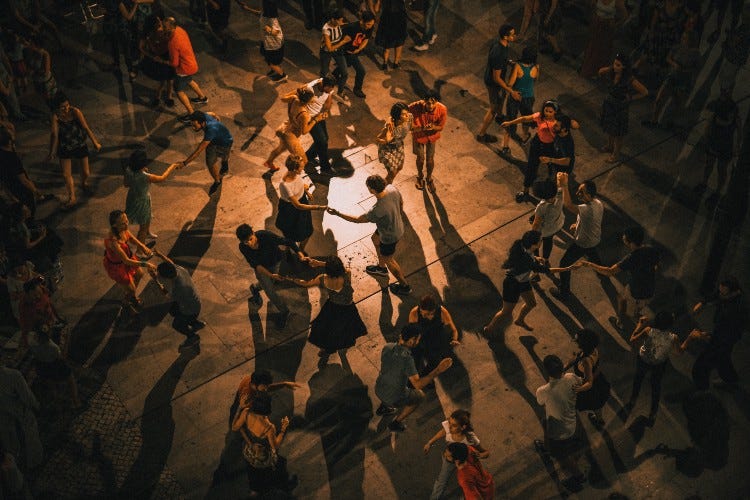
Album recommendation 1: Babatunde Olatunji’s Drums of Passion (1960), a strooong espresso shot of an album full of impassioned vocal harmonies and invigorating polyrhythms. Whew.
Recommendation 2: Juçara Marçal’s Padê (2008), which combines a relaxing nighttime atmosphere with tunefulness, surprising chord progressions and complex rhythms. The title track in particular strikes me as what Fiona Apple would sound like if she worked with Brazilian genres.
Recommendation 3: Nuyorican Soul (1997), especially the uncategorisable “I Am the Black Gold of the Sun”. Much more organic in feel than your typical ’90s dance album, drawing on Latin music, jazz virtuosity and a sprinkling of hip-hop (Q-Tip makes an appearance at one point). Very funky stuff.


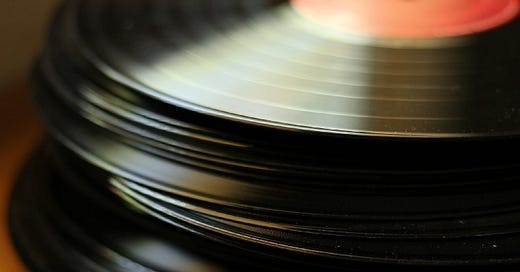


Hi, Just coming to your writing by way of your comment on Harmony Holiday's latest. I'm digging your enthusiasm for discovering new music and how you describe it. I also prefer West's earlier stuff but am more critical of "My . . .". When I first heard it, I really enjoyed and played it a lot. Over time that year, I found myself listening more often to Big Boi's first solo album that came out a few months prior. It also got critical accolades though not like "My . . . ". Ten+ years later I find that I would still much rather listen to Big Boi's Sir Luscious Leftfoot. And I'll spontaneously think to play it, but never "My . . ." I think it illustrates something about West's music over time: it is made to dazzle, and dazzle fades. I just don't think that much of his music has staying power past the first few albums. Is that *just* my subjective experience? I'd love for people who know more about music to tell me why I'm wrong. In the meantime, I think more should give Big Boi's solo work a chance. He also continued to be experimental, though in different ways from West, and I think a lot of it is more interesting and enduring.